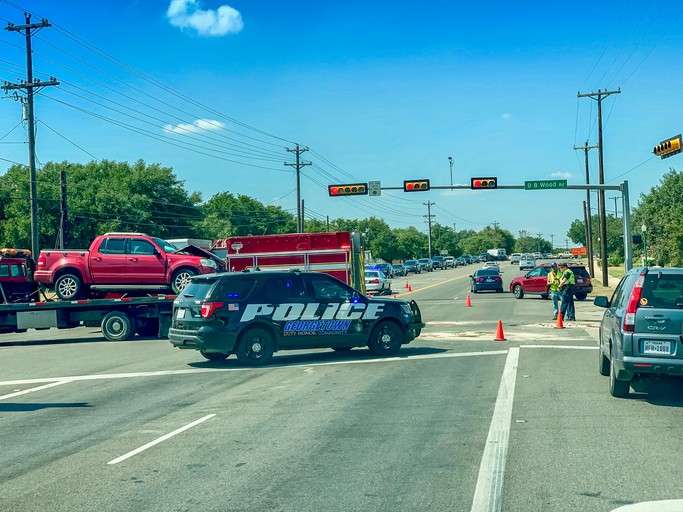
At Charles J. Argento, our Houston car accident attorney knows losing a loved one in a crash caused by negligence in Texas is devastating on multiple levels, profoundly impacting the emotional, financial, and social fabric of families. The suddenness and unexpected nature of such losses can lead to profound grief and emotional trauma, often compounded by feelings of anger and injustice, knowing the accident could have been prevented.
Unfortunately, fatal crashes happen often in the Lone Star State. According to the Texas Department of Transportation, one person was killed every 2.3 hours on our roadways last year, devastating families from Brownsville to Texhoma.
Families are left grappling with the void left by their loved one’s absence, facing not only the immediate shock but also enduring long-term emotional pain. Financially, the loss of a provider or contributor to household income can destabilize families, adding stress to an already traumatic situation. Our Harris County wrongful death lawyer can help you understand your legal rights and options to seek justice for your sudden and traumatic loss. Here’s how.
Seeking Justice for a Loved One’s Loss By Filing a Wrongful Death Claim in Texas
Filing a wrongful death claim after losing a loved one in a Texas crash caused by negligence is crucial for several reasons. Firstly, it provides financial compensation that can cover funeral expenses, medical bills, and lost income, alleviating the financial burden on the surviving family members.
Secondly, it holds the negligent party accountable, which can bring justice and closure to the grieving family. Additionally, pursuing a wrongful death claim can raise awareness about the dangers of negligent behavior, potentially preventing future tragedies.
Lastly, it ensures that the family’s rights are protected and they receive the support and resources needed to navigate such a difficult time.
Which Family Members Are Eligible to Pursue a Wrongful Death Claim in Texas?
In Texas, family members eligible to pursue a wrongful death claim include the deceased’s surviving spouse, children, and parents. These family members can file the claim individually or collectively. If none of these relatives pursue a wrongful death claim within three months of the death, the executor or administrator of the deceased’s estate may file the claim unless specifically requested not to by the eligible family members.
What Type of Compensation Can Eligible Family Members Pursue During a Wrongful Death Claim in Texas?
Eligible family members in Texas can pursue several types of compensation during a wrongful death claim, including:
- Economic Damages: These cover financial contributions the deceased would have provided, such as lost wages, benefits, inheritance, and medical expenses related to the incident.
- Non-Economic Damages: These address the emotional and intangible losses the family suffers, including loss of companionship, mental anguish, and loss of consortium.
- Punitive Damages: In cases where the defendant’s actions were particularly reckless or malicious, the court may award punitive damages to punish the wrongdoer and deter similar conduct.
- Loss of Support and Services: This includes compensation for the loss of household services, care, maintenance, and support the deceased would have provided to their family.
These damages aim to provide financial stability and recognize the profound impact of the loss on the surviving family members. We understand that no amount of money will bring your loved one back, but it will give you and your family the time you need to grieve and heal.
Contact Our Skilled Wrongful Death Attorneys in Texas to Schedule a Free Consultation
If you have lost a loved one in an accident caused by negligence in Texas, contact Charles J. Argento for help. Our wrongful death lawyer in Houston will diligently work to build a strong case and maximize your compensation. Take advantage of our free consultation by calling (713)-225-5050 or contacting us online. Let’s work together to hold the negligent party accountable for your full financial recovery.
















